The IPSL Spirit
The climate, climate change, and more generally, upheavals of the Earth's environment, raise each year certain fundamental and applied questions. As we gain in awareness of how man affects the “Earth system” and of the urgent need to initiate profound changes, in the energy sector, for example, it has become essential to gain an in-depth understanding of environmental mechanisms and their reactions to various human disturbances.
IPSL is a unique place for scientific exchange at the intersection of many areas of expertise which come together to meet the ever-growing demand for knowledge, training and the development of innovative solutions to protect the environment.
IPSL was created to combine the resources and instruments of the various laboratories to increase their scope and visibility, and to support multidisciplinary studies on the environment.
The Institute Pierre-Simon Laplace (IPSL) was created in 1991 by Gérard Mégie and some of his colleagues to coordinate research efforts in the natural climate sciences in Île-de-France, so that major environmental challenges might be better addressed together than by individual laboratories on their own. Initially, the institute intended to improve our understanding of the global climate system but its scientific life has broadened and diversified, integrating research on phenomena at regional to local scales, interfaces with the Earth's surface and ecosystems which are essential to understand the system as a whole.
The directors of IPSL
-
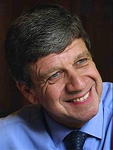
Gérard Mégie, Founder of IPSL
1995-2000
The Institute Pierre-Simon Laplace, created in 1995, resulted from a scientific initiative started in 1992 by Gérard Mégie, atmospheric physicist and professor at Pierre et Marie Curie University (UPMC, which became Sorbonne University in 2018). Gérard Mégie has had a profound impact on the atmospheric and climate science community, nationally and internationally. He died on June 5th, 2004, while he was the serving chairman of the CNRS.
-
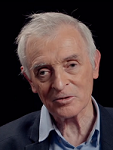
Jean Jouzel
2001-2008
Emeritus Director of Research at CEA, Jean Jouzel has devoted most of his scientific career to reconstructing past climates from the study of the ice in Antarctica and Greenland within this organisation.
-
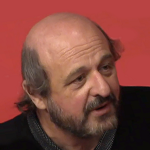
Hervé Le Treut
2008-2019
A graduate of the École Normale Supérieure, Hervé Le Treut’s doctoral thesis was on the modelling of clouds in the climate system. His work has mainly focused on the numerical modelling of the climate system and understanding the radiative disturbances of the climate, in particular the role of the additional greenhouse effect linked to human activities.
-
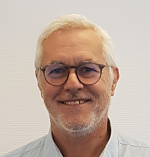
Robert Vautard
2020-2023
Research Director at CNRS, Robert Vautard is a meteorologist and climatologist. After his thesis at the Laboratory of Dynamic Meteorology (LMD-IPSL) on the phenomenon of atmospheric blocking, he progressed his work in several directions: atmospheric dynamics and its predictability, the modelling of atmospheric pollution, regional climate modelling and the study of extreme weather-climate events.
-
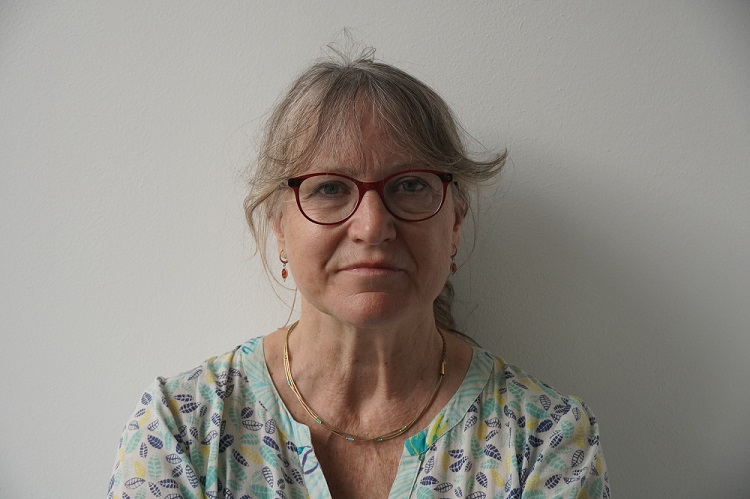
Sophie Godin-Beekmann
2023-
Physicist and instrumental researcher, Sophie Godin-Beekmann has developed lidar instruments to measure the vertical distribution of ozone and aerosols in the stratosphere.
-

Pierre-Simon Laplace, the "French Newton"
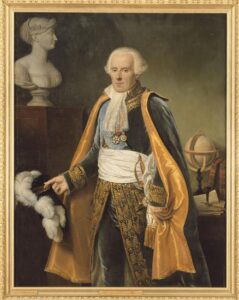 Pierre-Simon Laplace produced two fundamental pieces of work, ‘The System of the World’ and ‘The Analytical Theory of Probabilities’, which are still relevant to scientific study today.
Pierre-Simon Laplace produced two fundamental pieces of work, ‘The System of the World’ and ‘The Analytical Theory of Probabilities’, which are still relevant to scientific study today.



